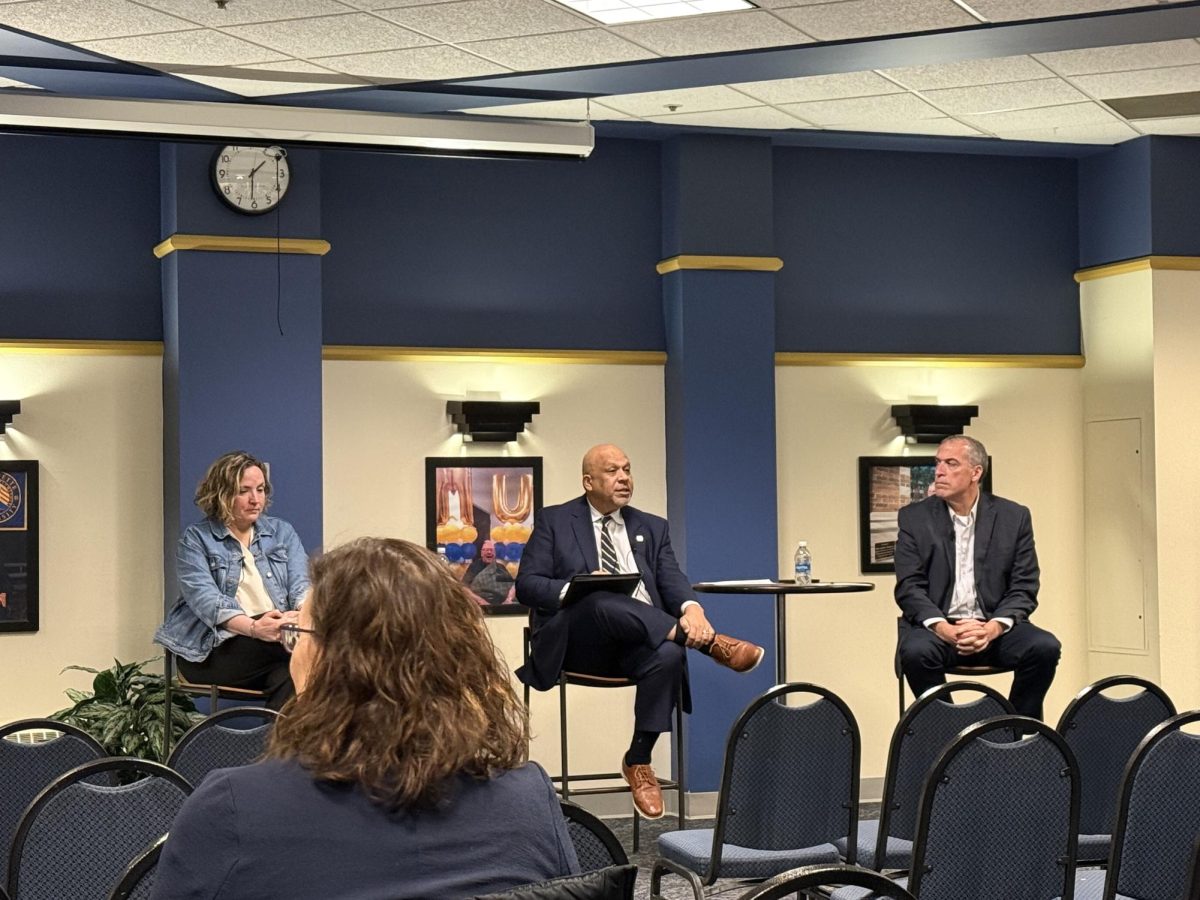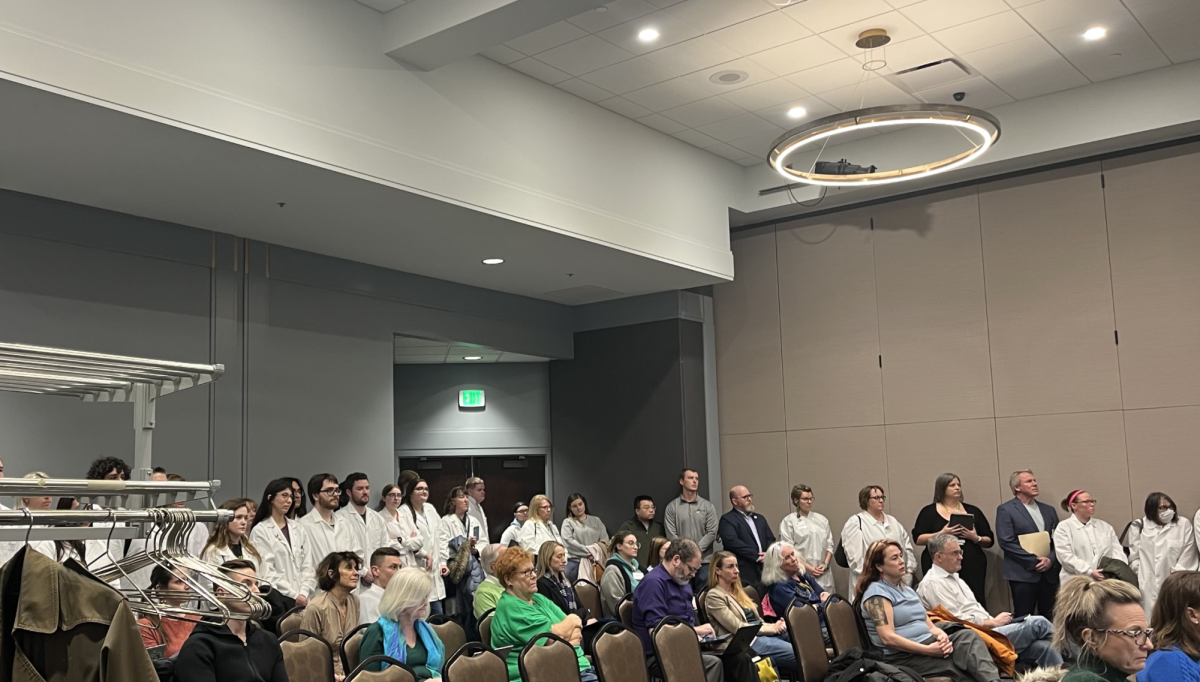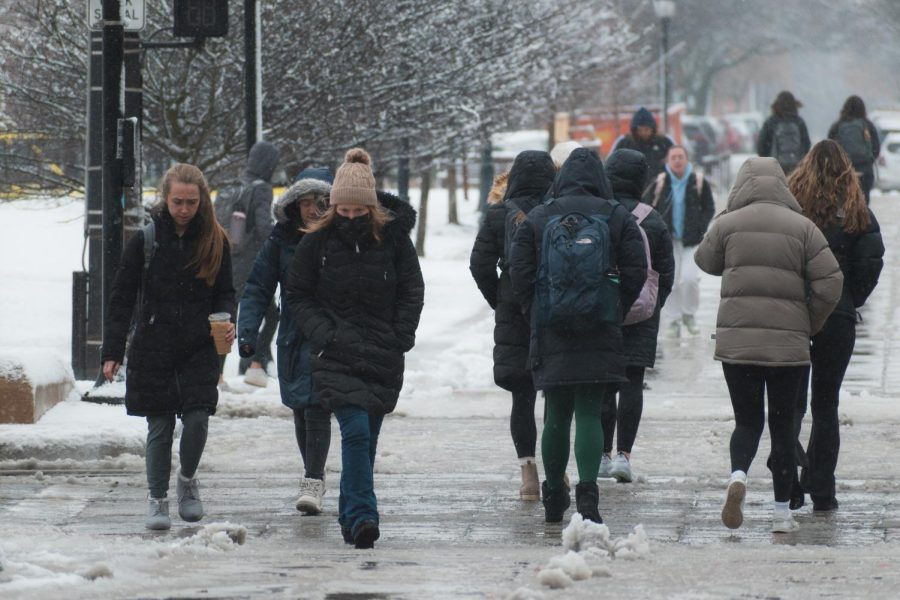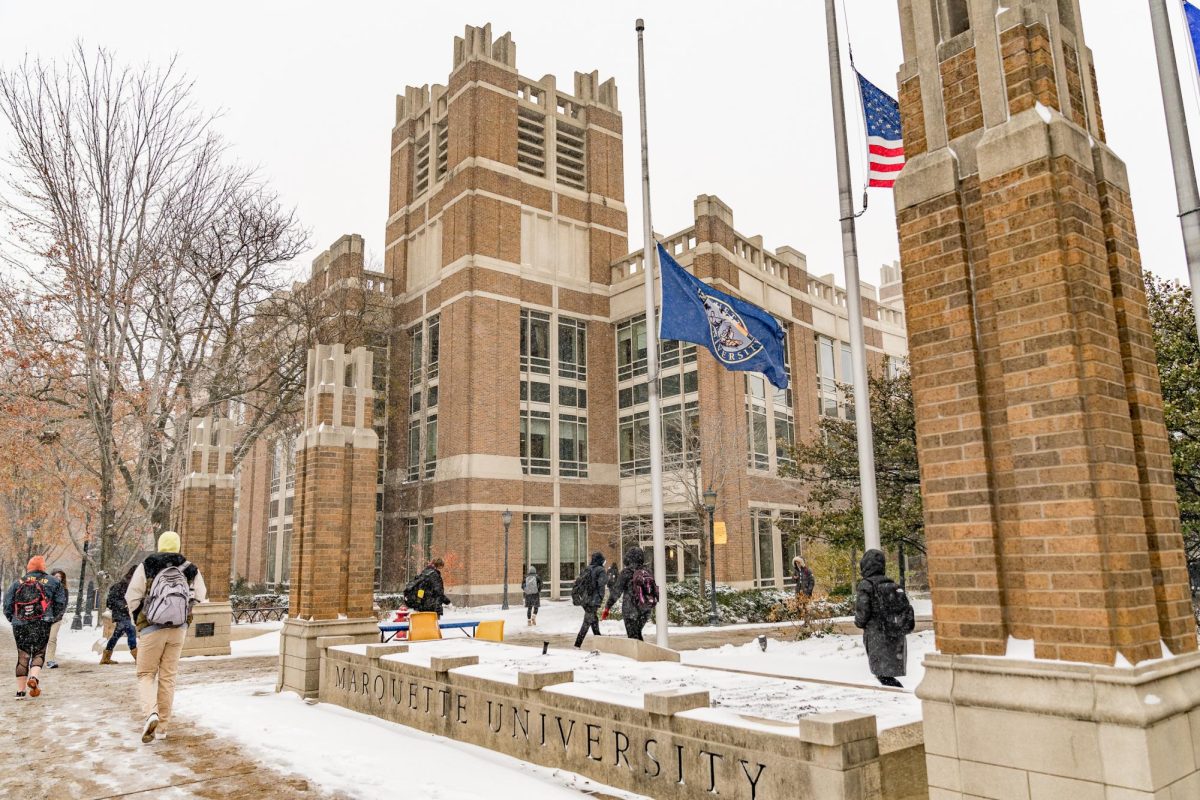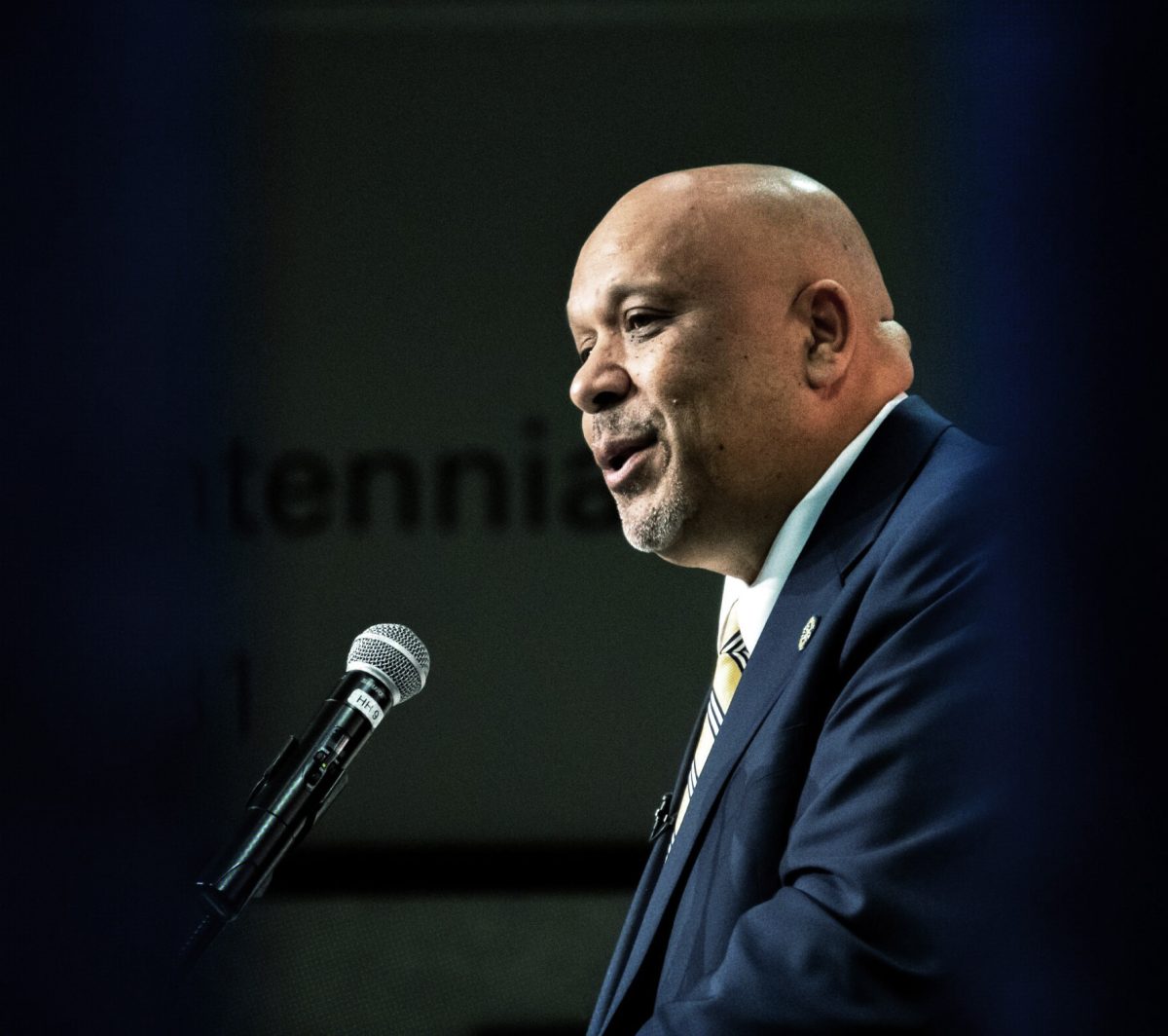The Marquette Academic Senate met Oct. 19 to discuss changes to the university bookstore, the diversity climate on campus and enrollment for the next school year.
Pete Frank, manager of the university-affiliated bookstore Book Marq, outlined issues that they faced coming into the fall semester and adjustments they would make going into the 2021 spring semester.
Frank said that the decline in enrollment for the 2020 semester, academic schedule changes and professors not knowing if they would be able to teach courses in person affected the bookstore’s sales, and lead to staff members of the bookstore being furloughed. Frank said the bookstore faced an estimated 15-20% decrease in sales because of the pandemic.
“In addition, we were unprepared in fulfilling orders to students who were assigned coursework prior to the beginning of the (fall) semester,” Frank said. “An assumption made on our part was that this would not occur unless we were informed, but this proved to not be the case.”
In order to adjust for the spring semester, Frank said better communication between faculty and the bookstore can help avoid issues of getting books to students.
“We want faculty to also take an extra step to check whether their textbooks and materials are needed for any given class are current with the publisher,” Frank said. “If there are any changes made to a course or section, we really need departments and faculty to email Book Marq as soon as those changes are confirmed.”
The bookstore will still continue to encourage students toward “the most affordable option” Frank said, as opposed to other options of textbooks that can be bought or rented. The bookstore will also be increasing its communication with students and parents.
Frank also announced Book Marq will be undergoing a remodelling for the next three weeks.
“As we continue to move forward toward these challenging times, Book Marq will continue to do all we can to provide the materials and services expected,” Frank said.
William Welburn, vice president for inclusive excellence, provided an update on the university’s climate in terms of diversity and inclusivity.
Welburn said the results for the campus climate study for the 2020 school year will be available in early November. The second campus climate study was promised after the first one in 2015, which showed disparity among races at Marquette and their comfort at the university.
Welburn said faculty all over campus are looking at ways to “redesign” their courses in order to have a more insightful look at issues of race. One of these redesigns came through Black Student Council working with the university’s English department to redesign the basic course of rhetoric.
He also said that a steering committee was working on bringing ideas to bring more discussions of racial equality to the table for the spring semester.
“I think this will be a great long-term benefit to really challenge our campus to integrate racial justice in what we do,” Welburn said.
Enrolling students of color was also an issue that Welburn brought up at the meeting. Welburn said that in the 1970s, Marquette was able to retain about 600 undergraduate Black students, but that number has yet to reach that peak in the past 50 years. Currently, the number of Black undergraduate students sits at 326, about 4% of the campus population.
“This is really at the core of (our) issue, 50 years, and really no progress of any substance in increasing the number of Black undergraduate students,” Welburn said.
Welburn also said that the number of Black faculty on campus has grown in the last couple of years, increasing from 5.1% in fall of 2018 to 5.3% in fall of 2019, but Asian faculty had dropped.
“What we are doing in the way of changing our community, the way we work with each other, the way we work with our students and getting them here and seeing their success and the way in which we work with our faculty of color, really comes down to a change in habits,” Welburn said.
Even though becoming an HSI is no longer a part of the university’s strategic plan, he stated that working toward the HSI designation is still a priority for the university. Many staff members took issue with the lack of priority on the matter.
John Baworowsky, vice president of enrollment management, gave insight to financial aid and scholarship modeling for the 2021-2022 school year.
Baworowsky said that the basis for financial aid is on enrollment and net revenue.
“As we focus on developing the algorithms behind what we do, we’re focusing more on enrollment headcount and net revenue,” Baworowsky said.
Baworowsky said that there are three variants that are behind current enrolled Marquette students: students’ ability to pay, students’ willingness to pay and a strategic financial aid plan that meets the university standards,
Due to a decrease in enrollment this year because of COVID-19, the university saw a $14 million decrease in gross revenue.
The expected growth of enrollment for the next school year is to have 123 more students enrolled as compared to last year.
“The big point to emphasize is hitting that (number) is going to be a pretty heavy lift for the admissions office,” Baworowsky said. “It’s still … dominated by COVID-19. Students are delaying applying to college. Many of them are still struggling in these hybrid kinds of environments. Guidance counselors are telling colleges to be patient.”
This story was written by Benjamin Wells, he can be reached at benjamin.wells@marquette.edu


